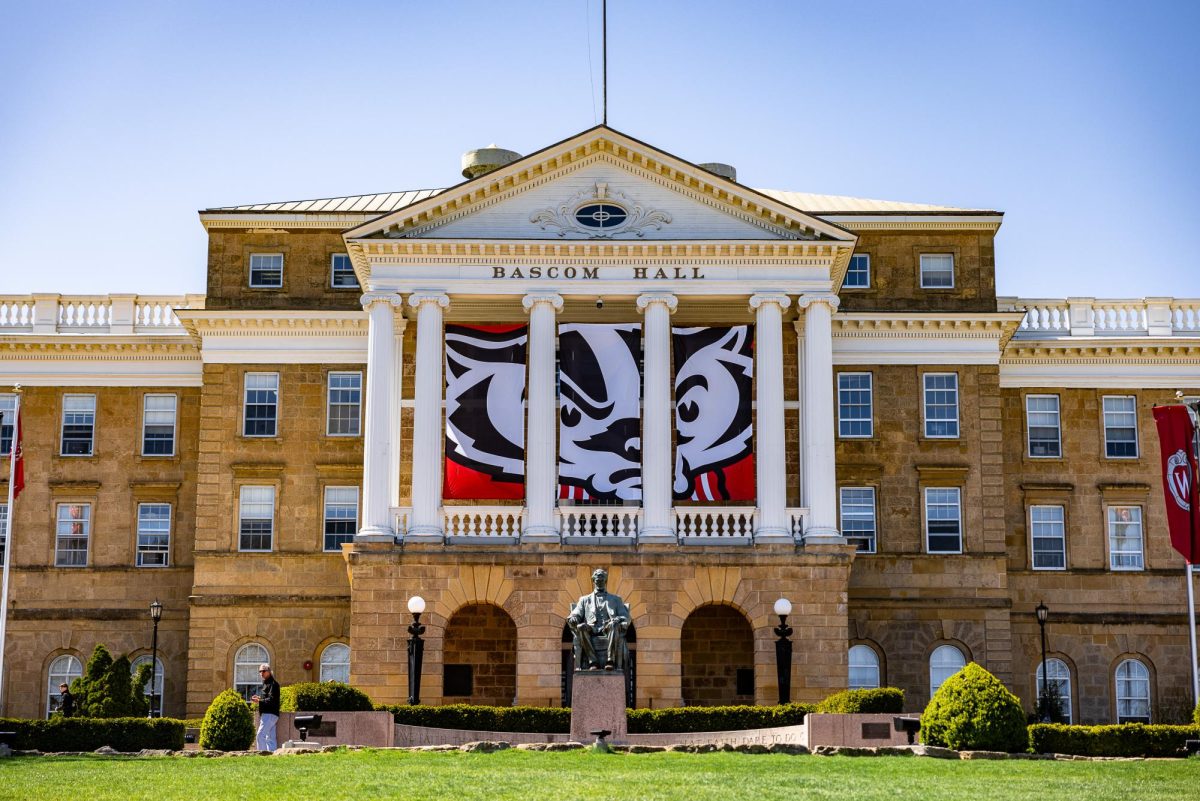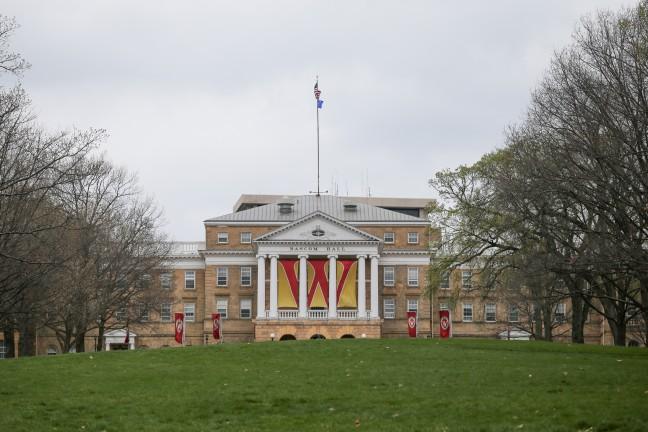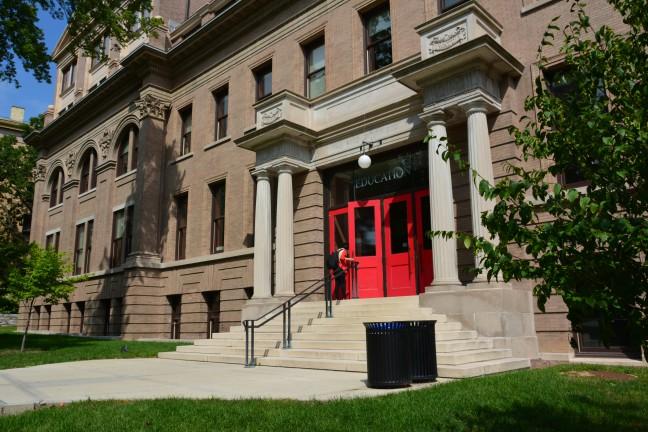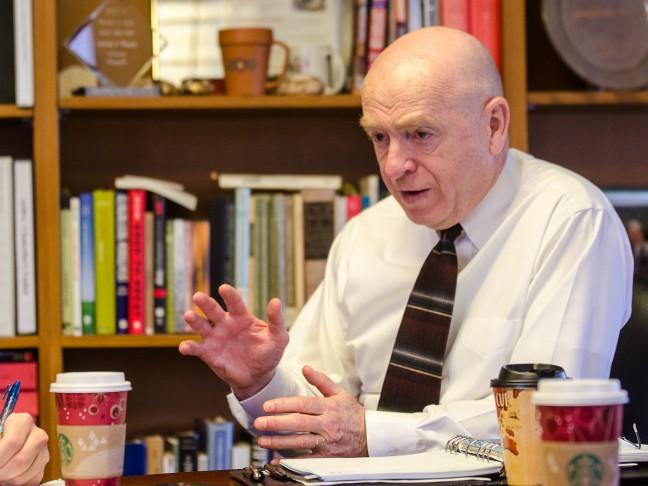The University of Wisconsin System released findings Wednesday that despite conferring a record high number of degrees in 2011-2012, rates of access to higher education for underrepresented populations of students in the state still lag behind national averages.
The UW System aimed to enroll 32 percent of all Wisconsin high school graduates and 32 percent of all African American, American Indian and Hispanic and Latino graduates, the report said. While UW institutions reached their goal for enrolling high school graduates from in state, they fell short of target participation rates for these minority groups.
UW System institutions enrolled 14 percent of African American graduates, 25 percent of American Indian graduates and 22 percent of Hispanic and Latino graduates for the 2011-2012 school year, according to the data.
The report also found more than 35,000 UW degrees were conferred during the previous school year. Overall, UW System enrollment decreased in 2011-2012, but there was an increase in transfer students into the system, particularly among students from underrepresented groups.
The percentage of transfer students of color increased from 12.4 percent to 13.7 percent, which David Giroux, UW System spokesperson, said he thinks is a good sign.
“We’re trying to reach a broader and deeper [part] of the Wisconsin population,” Giroux said.
The number of students of color or students from working class backgrounds should still be larger, he added.
However, given the figures in accountability reports from previous years, UW schools have a significantly more diversified atmosphere, which Giroux said were “remarkable.”
Data on graduation rates, retention rates and numbers for students involved in study abroad programs, popular majors and time needed to graduate was also included in the system’s report.
Jocelyn Milner, director of academic planning and institutional research at UW-Madison, whose office prepares the report, said this data is relatively stable compared to past years.
If a figure was particularly alarming or exciting, Milner said her office would either make recommendations to campus officials or tell the public of improving or thriving figures.
Milner said she was particularly proud 90 percent of UW-Madison students have participated in at least one of the activities related to the “Wisconsin Idea,” such as studying abroad, living in residential learning communities or participating in internships.
Almost 70 percent of UW-Madison students have also participated in more than one of these activities, Milner added.
“These are the kinds of experiences we intend for students to participate in to help give them that experience to live the Wisconsin Idea, and hopefully impact a world,” Milner said. “We really feel like we are providing opportunities for students to have enriching experiences as students.
According to the report, 24 percent of first-year UW-Madison students participated in learning communities, and 25 percent participated in service learning.
Thirty-six percent of UW-Madison seniors collaborated with faculty research, in addition to 59 percent of seniors holding internships.
Milner added her office is working to increase that figure to more than 90 percent for the 2012-’13 school year, and ideally 100 percent, so every student can get “critical collegiate experiences.”
She added she is also pleased to see need-based financial aid increase the past five years at UW-Madison.
In the 2010-2011 school year, UW-Madison gave $48.1 million in total aid to undergraduates with need, according to the report, with 16 percent of undergraduates receiving federal Pell grants.
Milner added the discovery of more than $650 million in budget reserve funds, and the outrage from Wisconsin lawmakers and the public that followed, did not affect how the report was prepared, and will not affect future reports.
“I can’t see how [the controversy] would affect it,” Milner said. “We have already tried to show the experiences of students and the way it gives value [to students]. We keep trying to illustrate that message with the kind of data we provide and the amazing things our students do.”




















